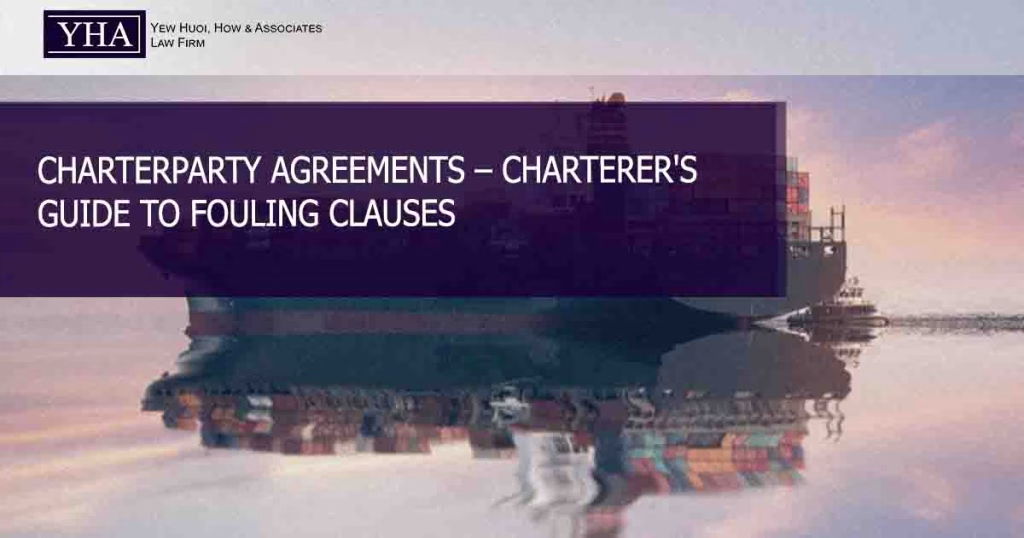Summary and Facts
In Smart Gain Shipping Co Ltd v Langlois Enterprises Ltd [2024] 1 Lloyd’s Rep. 309, the English High Court reviewed an arbitration appeal over a charterparty dispute regarding a hull fouling clause. The vessel Globe Danae, chartered by Smart Gain for a voyage from India to Brazil, suffered hull fouling due to prolonged idleness in Brazilian waters. Upon redelivery, Smart Gain did not clean the hull as requested by the vessel’s owners, Langlois Enterprises, who subsequently carried out the cleaning at their own cost. The owners sought compensation at the charter hire rate for the cleaning period, referencing the hull fouling clause. Smart Gain contested this, arguing that hire obligations ceased upon redelivery.
What is a Fouling Clause?
A fouling clause in a charterparty agreement designates responsibility for cleaning and maintaining the vessel’s hull when it becomes fouled, often due to idleness or operation in biologically active waters. Hull fouling results from marine organisms like algae, barnacles, or shellfish attaching to the hull, which can reduce fuel efficiency and speed, leading to additional cleaning costs.
Legal Issues
- Claim in Debt vs. Damages for Lost Time: Did the hull fouling clause support a debt claim for time spent on post-redelivery cleaning, or were owners limited to a damages claim for lost time?
- “Always at Charterers’ Time and Expense” Provision: Did this clause require charterers to cover cleaning time costs even after redelivery?
Court Findings
- The court ruled that the owners’ claim was valid as a debt, rather than as damages for lost time, holding that the hull fouling clause imposed a clear responsibility on the charterers to cover both time and expense for hull cleaning. Thus, the owners did not need to demonstrate any actual time lost.
- The court interpreted the phrase “always at Charterers’ time and expense” to mean that charterers were responsible for cleaning time whenever it occurred, including post-redelivery, provided the fouling resulted from the charterers’ orders.
Practical Implications
This case underscores the importance of precise wording in charterparty clauses, especially those involving liability for post-redelivery activities. Malaysian charterers should carefully assess such clauses, as courts may interpret terms like “at charterers’ time” to extend beyond the charter period, particularly if actions arise from the charterer’s use of the vessel. Additionally, this ruling reinforces that debt claims may be triggered by charter obligations without the need to show loss, potentially influencing Malaysian courts’ approach to similar cases.

